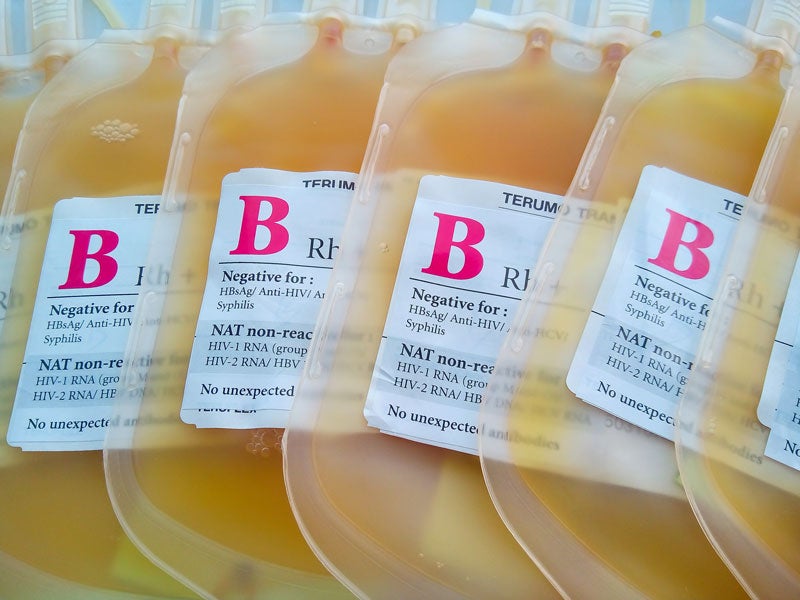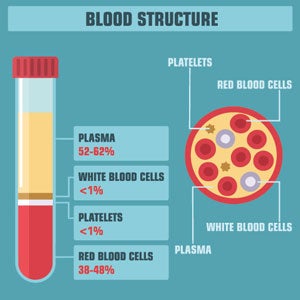Bon Secours participating in virus treatment
Published 7:16 pm Sunday, April 26, 2020

- Bon Secours has joined the Food and Drug Administration’s Expanded Access Program for convalescent plasma as a treatment protocol for COVID-19. -- Courtesy Shutterstock
|
Getting your Trinity Audio player ready...
|
Plasma being used to aid sickest COVID-19 patients
STAFF REPORT
FRANKLIN
Bon Secours announced it has joined the Food and Drug Administration’s Expanded Access Program for convalescent plasma as a treatment protocol for COVID-19. This is according to information provided by Jenna Green, a spokeswoman for Bon Secours.
Convalescent plasma is collected from individuals who have recovered from the virus, and that’s given to COVID-19 patients at high risk of progression to a severe or life-threatening stage of the disease. Convalescent plasma has been safely collected and used at various times over the past century to treat polio, measles, hepatitis B, influenza, Ebola and other pathogens.
The FDA designated the Mayo Clinic as is the lead institution for the program. Due to the unprecedented need for an enhanced response to the pandemic, the expanded access to the program includes registered health care providers across the country.
“In our ongoing effort to care for our communities, Bon Secours is facilitating access to investigational convalescent plasma through participation in the National Expanded Access Treatment Protocol,” said Anhtai H. Nguyen, M.D., chief clinical officer for Bon Secours Hampton Roads. “We have established a network of participating blood suppliers that will work at the local level to supply hospitals with convalescent plasma. The key to the success of this program is the donor population.”
Qualifying donors are people who have had COVID-19 and are symptom-free for 28 days or longer. They can donate blood through their local American Red Cross Blood Donation Center or they can donate at other participating blood donation centers found on Bon Secours’ website.
Before donated blood can be used, it is tested for safety. Then it goes through a process to separate the blood cells so that all that is left is the plasma with the antibodies. A single plasma donation has the potential to help up to four patients with COVID-19.
Investigative convalescent plasma used within the guidelines of the EAP is different from antibody testing, which is also referred to as serologic testing for COVID-19. While both programs use antibodies found in a person’s blood, investigative convalescent plasma is a treatment for patients with COVID-19 who are at high risk of progression to a severe or life-threatening stage of the disease. In comparison, serologic testing is a new laboratory blood test developed by the Centers for Disease Control and Prevention to assist with efforts to determine how much of the U.S. population has been exposed to the virus that causes COVID-19.
For further details, and to find a list of local blood donation centers participating in the expanded access investigative convalescent plasma program, visit: www.bonsecours.com or call 888-700-9011.
•••
What is convalescent plasma donation?
According to the www.redcrossblood.org, donors who have fully recovered from the new coronavirus have antibodies in their blood plasma to help protect against future infections. The Red Cross is working with the FDA to collect plasma from fully recovered coronavirus patients to provide to clinicians for patient care.
Eligible donors who complete the donor request form will receive an appointment to donate convalescent plasma at a Red Cross or non-Red Cross collection site. During a plasma donation, blood is drawn from an arm and sent through a high-tech machine that collects your plasma and then safely and comfortably returns your red cells and platelets back to you, along with some saline. It only takes a few minutes longer than donating blood.






